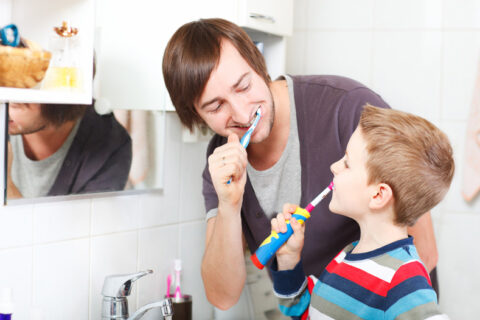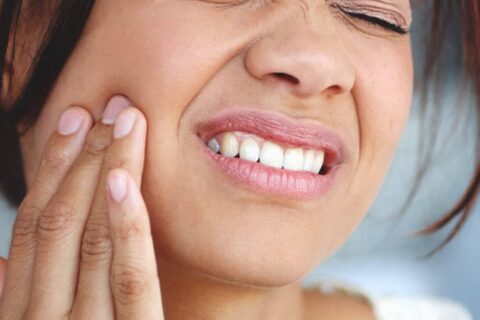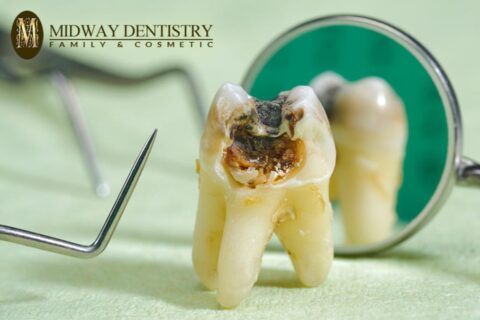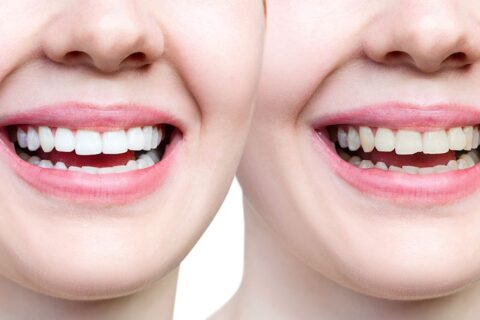Patient Education
Diabetes is a potentially serious metabolic disease impacting many systemic regions of the body. Researchers have found a significant…
Everyone should practice good oral hygiene and proper dental care. The condition of your teeth, gums and entire mouth is integral to your…
It’s time for students to head back to school! Start your kids off right by visiting an Alpharetta Dentist with the skills and experience you…
Summer is the time of relaxing vacations and exciting trips abroad. But just because you’re on vacation doesn’t mean that your oral hygiene…
One may argue that identifying pain as intense, uncomfortable, and activity-altering as a toothache can prove challenging. Tooth pain often…
As the holidays come around and we meet up with friends and family, the last thing on our mind is eating healthy. Although you deserve a sugary…
Autumn is definitely the season for pumpkins. We love to carve them or use them as flavoring in our coffees and desserts. However, some people…
info@midwayfamilydentistry.com
Based on recommendations from the ADA and the CDC, we’re temporarily changing the way our practice…
Teeth decay over time because of standard wear and tear, but also because of poor oral health care. But we’re here to help you with these tips…
One of the most common dental problems that people can experience is a chipped tooth. Sometimes the strength of the enamel that covers the tooth…










